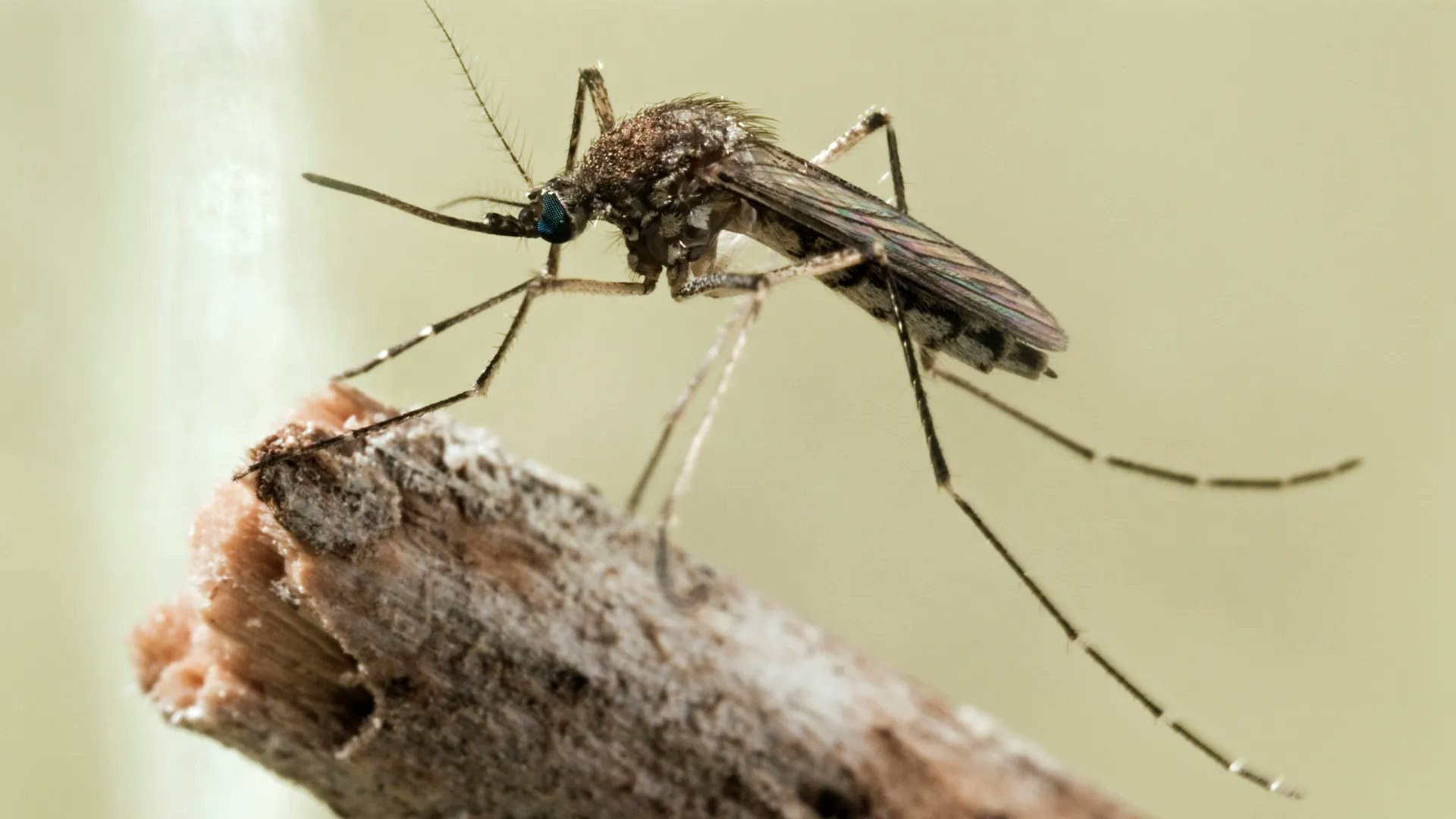Fighting Mosquito-Borne Diseases with Science: The 'Toxic Male' Breakthrough

Mosquito-borne diseases like malaria and dengue fever claim millions of lives each year, but a groundbreaking new approach may help curb these deadly threats. Researchers from Macquarie University in Australia are developing genetically modified male mosquitoes with a unique twist—these mosquitoes carry "toxic" semen that reduces the lifespan of female mosquitoes after mating.
This method, known as the "toxic male technique," was first tested successfully in fruit flies, cutting female lifespans by 60%. The next step is to apply this innovation to mosquitoes, targeting species responsible for transmitting diseases. Unlike traditional pesticide use, this approach could reduce mosquito populations safely and efficiently without harming other species or the environment.
The ultimate goal? To mass-produce and transport genetically modified mosquito eggs to areas experiencing disease outbreaks, offering a sustainable and highly targeted mosquito control method. While this research is still in early stages, scientists are optimistic that it could lead to a powerful new tool in global disease prevention—potentially reducing reliance on chemical pesticides.
As the world continues to search for innovative ways to combat vector-borne diseases, solutions like the toxic male technique could be game-changers in the fight against mosquito-related illnesses. Stay tuned as this promising research develops! 🦟✨ #EndMalaria #InnovativeSolutions
